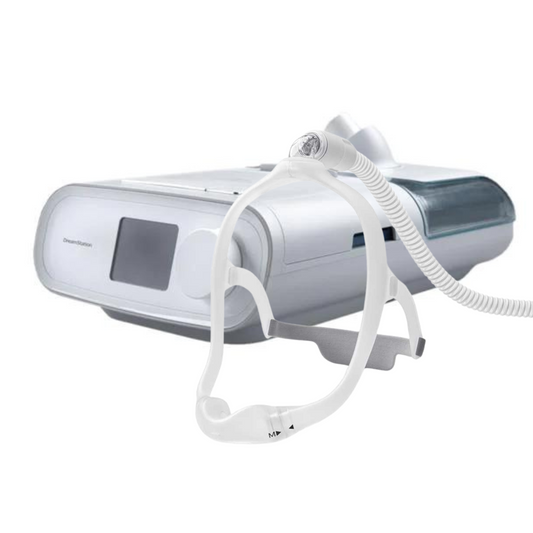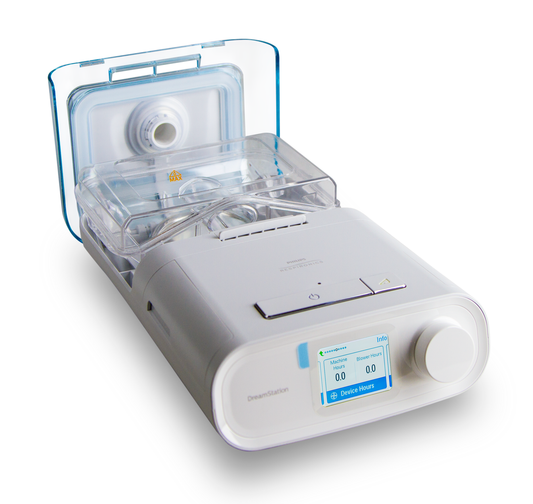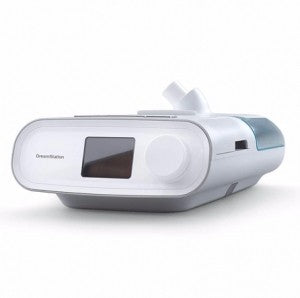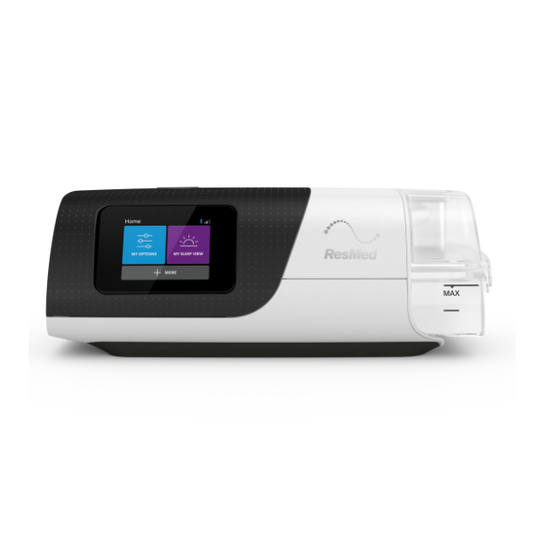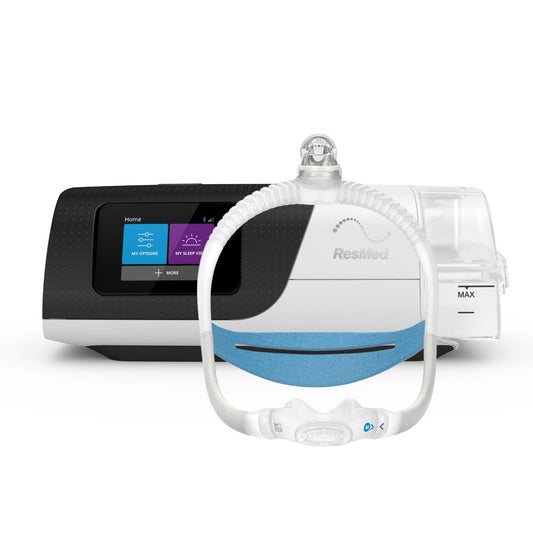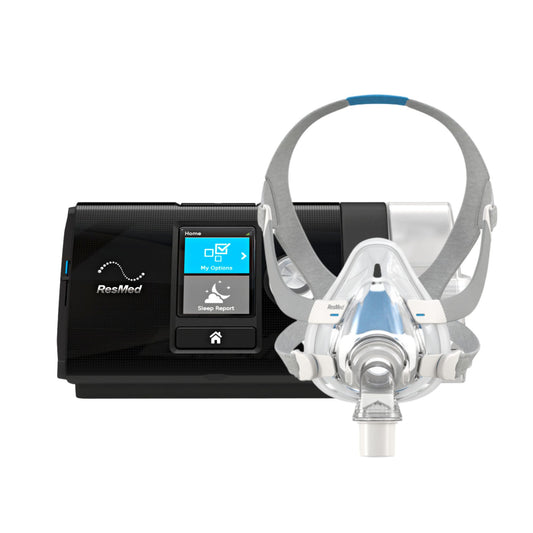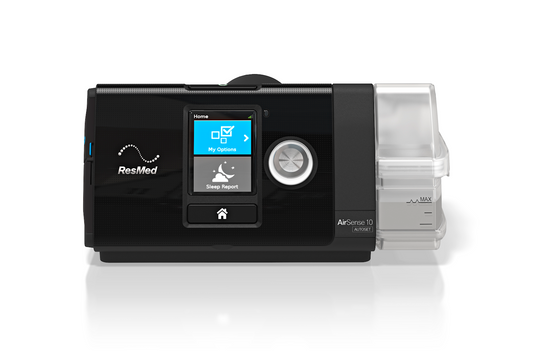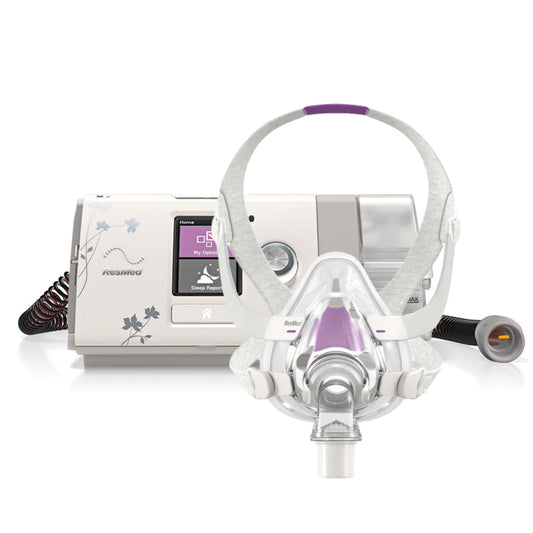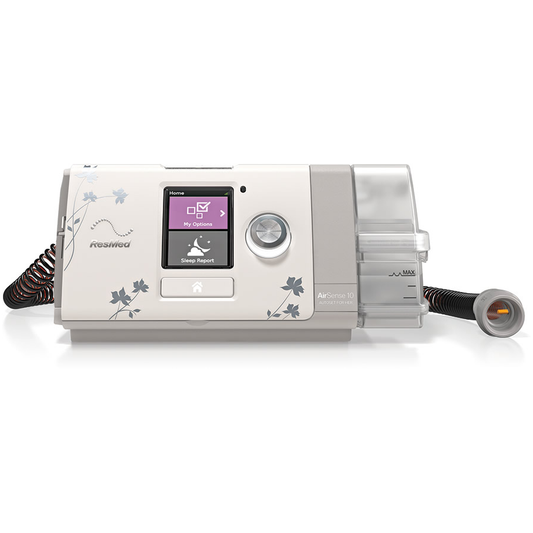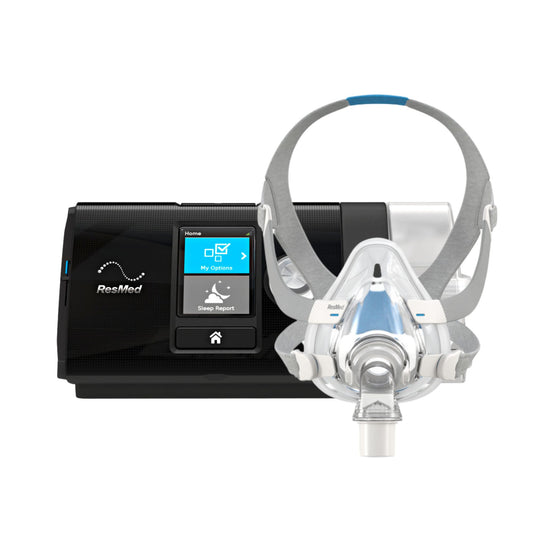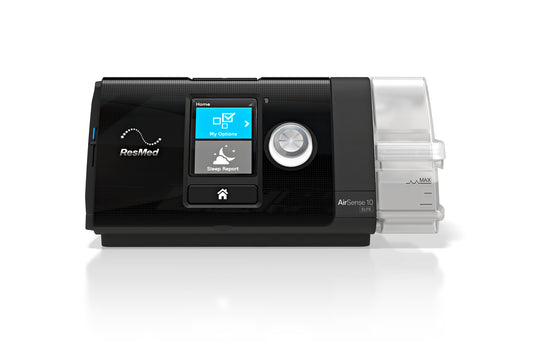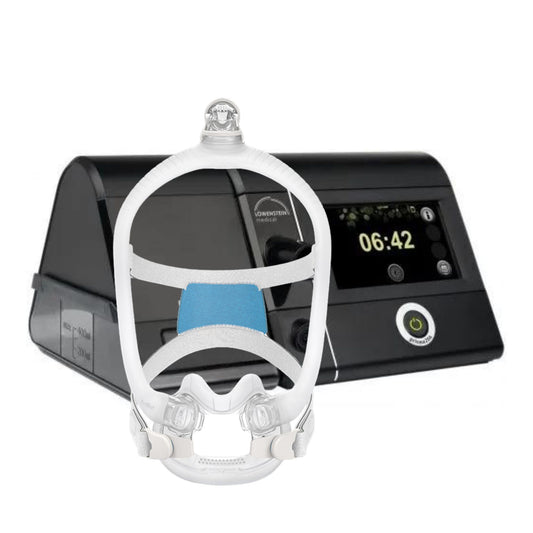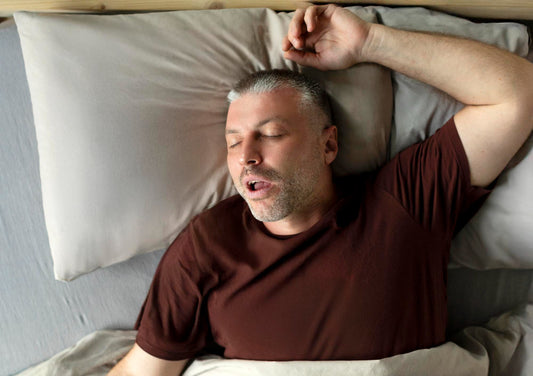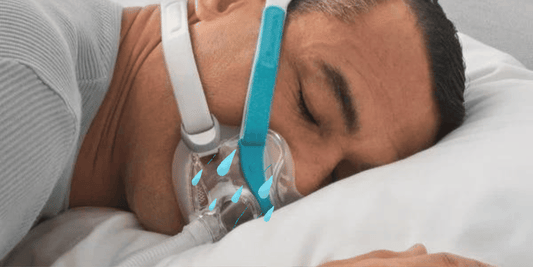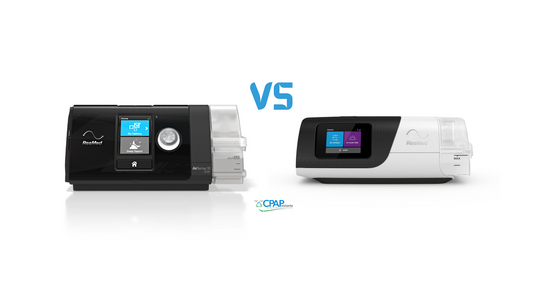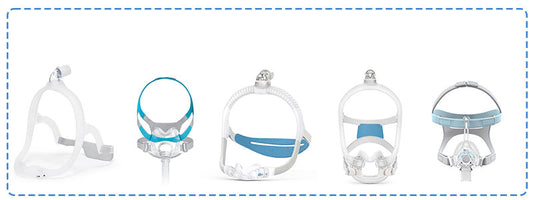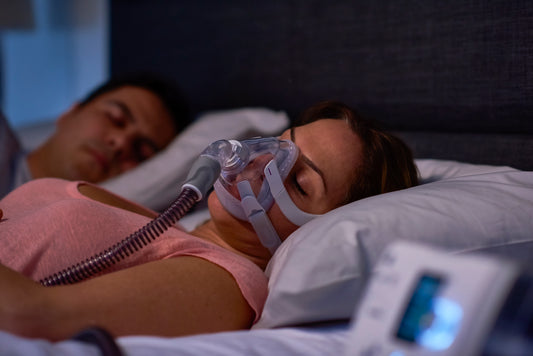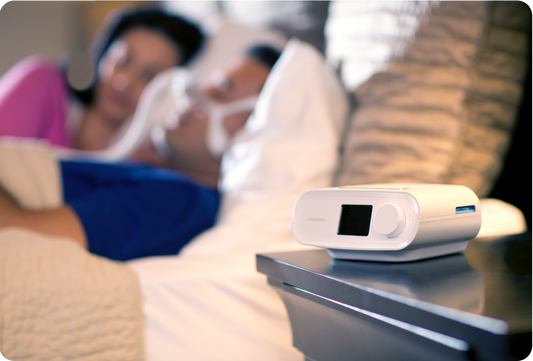Sleep apnoea, or disrupted breathing during sleep, has been linked to infertility. Recent studies suggest that women with sleep disorders are three times more likely to be infertile than those who do not have sleeping difficulties. A parallel study indicates that women with insomnia were four times more likely to experience infertility that their counterparts with no trouble sleeping.
Sleep Deprivation and Fertility Hormones
Sleep deprivation is an overlooked reason for male and female infertility. It is recommended that we get from 7 to 9 hours of sleep a day but according to a survey done by the National Sleep Foundation, more than 65% of population do not get enough sleep. Survey shows that women in the age bracket of 30 to 60 generally sleep for only 6 hours during weekdays. Catching up on sleep during the weekends is not good enough.
Regular sleep deprivation is mentally and physically harmful. The sleep hormones help the body rejuvenate itself during sleep. Less sleep means less sleep hormones which means the body becomes prone to illnesses and stress, even affecting the immune system.
Sleep affects the hormonal system that regulates a woman’s menstrual and ovulation cycle. Lack of sleep increases the stress hormones cortisol and adrenocorticotropic which inhibit a healthy fertility cycle. In both sexes, the part of the brain that regulates sleep-wake hormone melatonin is the same part that triggers the release of reproductive hormones. Thus, when sleep is regularly disrupted, the regular release of reproductive hormones may be increasingly affected.
Sleep deprivation resulting to sleep disorder, or even regular lack of sleep also affects male fertility. A published study by the American Academy of Sleep Medicine and Sleep Research Society showed a link between sleep disorders and fertility. The research work proved that men with obstructive sleep apnoea (OSA), have less sperm count which reduces the possibility of conception. Another important conclusion of the study is that men and women with untreated sleep disorder, have more pronounced erectile dysfunction in men and decreased, if not loss libido in women.
Female Infertility
Statistics indicate that out of 10 women of childbearing age, 1 will have difficulty getting pregnant. Problem with ovulation that is related to hormone imbalance called polycystic ovarian syndrome (PCOS) appears to be the primary cause of women infertility. Other causes of women infertility include uterine fibroids, blocked fallopian tubes or structural anomaly of the uterus.
The risk of infertility in women increases with age and may be aggravated by unhealthy lifestyle, stress, and even sexually transmitted diseases. How does lack of sleep cause infertility?
A study involving Taiwanese women was conducted to know if sleeping disorder causes infertility. The five-year study indicated that women with sleep problems are 2.7 times more likely to experience infertility than women without sleep problems.
Before researchers accounted for age and women’s other medical problems, participants with sleep disorders were about 2.7 times more likely to experience infertility, researchers report in the journal Sleep. When age and other health conditions were factored-in, women with sleep disorder were 3.7 times more likely to experience infertility.
Importance of Sleep in Relation to Infertility
People with obstructive sleep apnoea (OSA) stop breathing for a few seconds at a time several times during sleep. This condition occurs to both men and women, regardless of age, weight, ethnicity and status in life.
A good night’s sleep is not all about the quantity of sleep that one gets but also about the quality of sleep. Waking up several times during sleep disrupts the normal sleep cycle that will be detrimental to one’s health in the future if left undiagnosed and untreated. Co-morbidities may develop, including hormone imbalance that could cause infertility problems.
Call us now if you think you have a sleep disorder. We can help!
1-300-750-006
